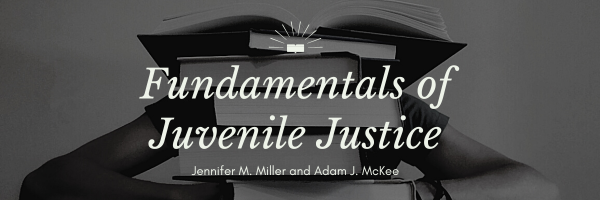Reading Assignment for Section 5.4
Read the following subsection from our online textbook:
What You Will Learn
This section delves into family-based interventions, including Functional Family Therapy, Multisystemic Therapy, and Brief Strategic Family Therapy. You will explore how these programs aim to support families, address cultural diversity, and overcome implementation challenges.
Student Learning Outcomes for Section 5.4
- SLO 1: Explain the goals of family programs in juvenile justice, including improving family communication, addressing dysfunctional patterns, and building stronger relationships.
- SLO 2: Describe the role of family engagement in family programs, including overcoming practical barriers and ensuring all members work together towards shared goals.
- SLO 3: Evaluate the effectiveness of family programs, including their impact on recidivism, educational outcomes, and mental health, and their broader societal benefits.
- SLO 4: Discuss how family programs adapt to diverse populations, including cultural sensitivity, socioeconomic considerations, and adjustments for unique family structures.
- SLO 5: Identify challenges in implementing family programs, including limited resources and family reluctance, and strategies to overcome them through partnerships, outreach, and flexibility.
Modification History File Created: 04/26/2024 Last Modified: 11/20/2024
[ Text Section | Back | Contents | Next ]
You are welcome to print a copy of pages from this Open Educational Resource (OER) book for your personal use. Please note that mass distribution, commercial use, or the creation of altered versions of the content for distribution are strictly prohibited. This permission is intended to support your individual learning needs while maintaining the integrity of the material.
This work is licensed under an Open Educational Resource-Quality Master Source (OER-QMS) License.
